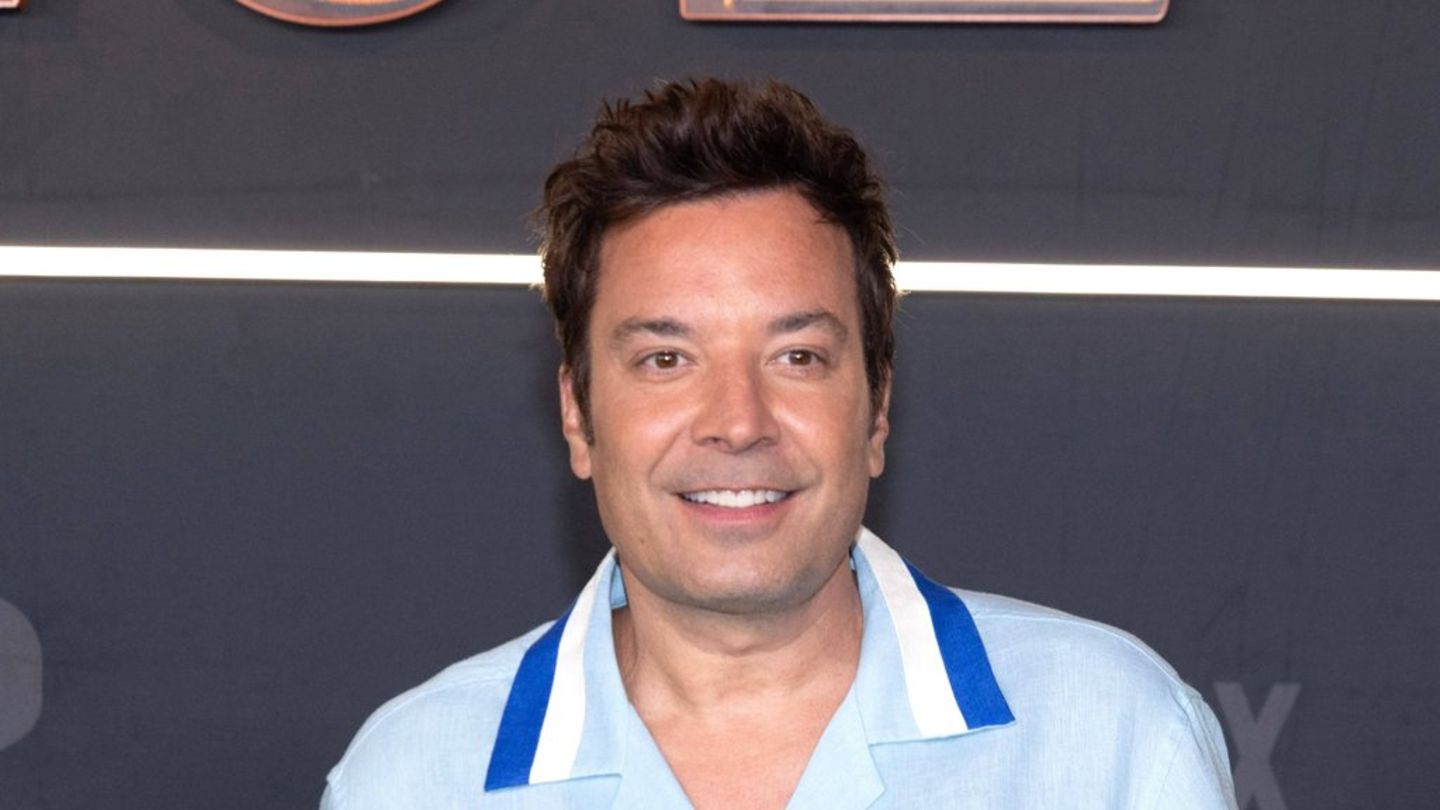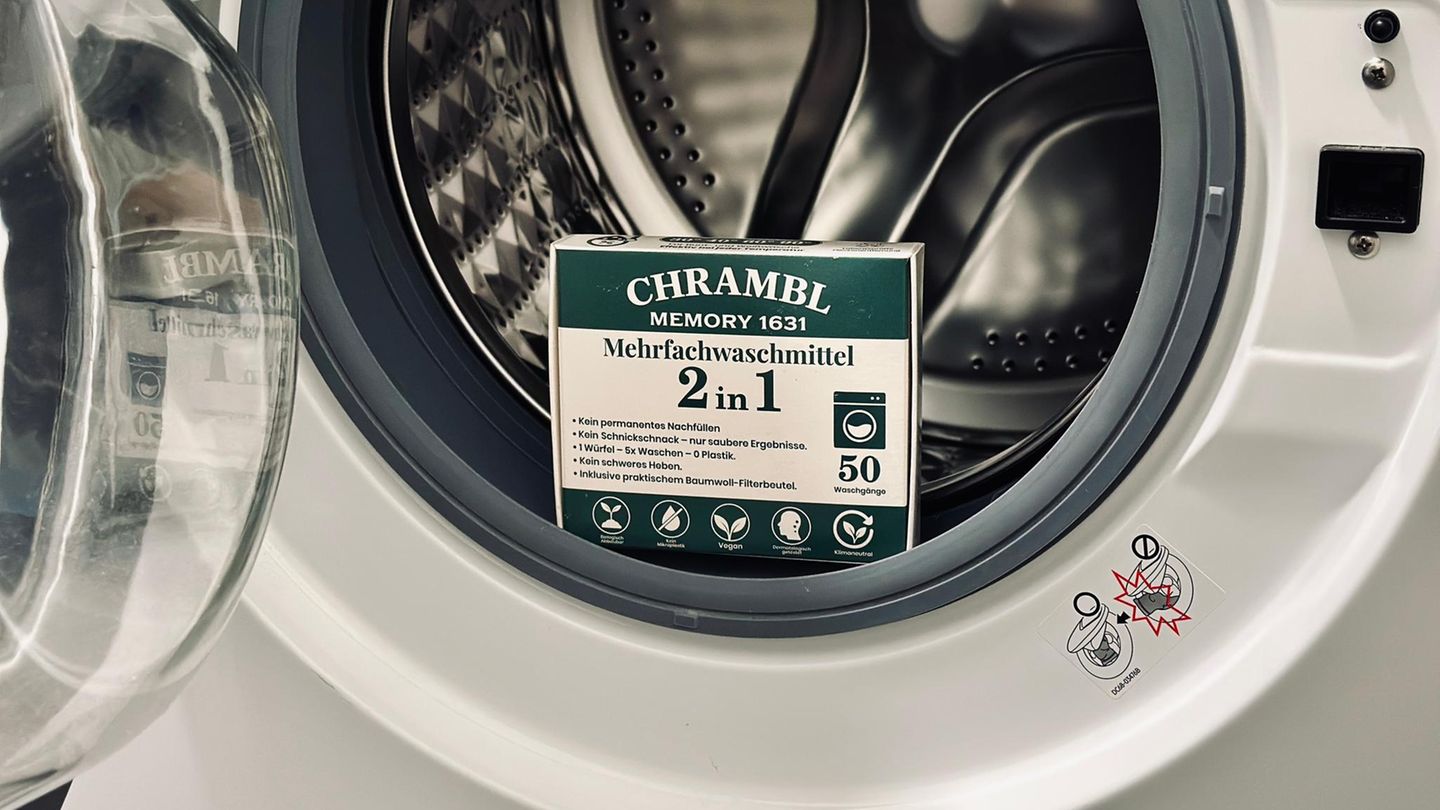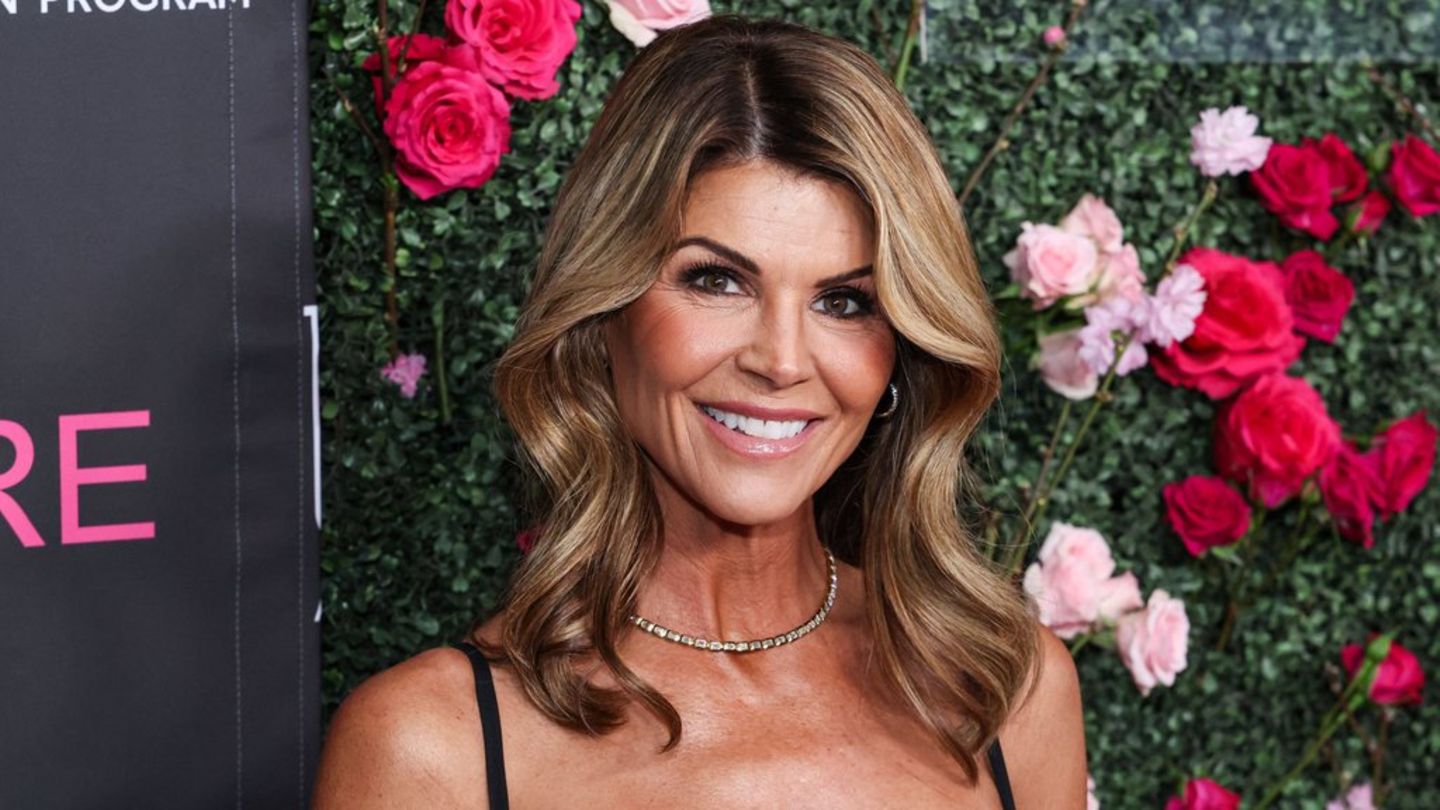We should take the word seriously again”, says actor Max Simonischek in a conversation about language, his new role as “player coach”, Anton Chekhov and how children change the view of life.
Your play “Kafka umírá – Kafka dies” had its premiere at the Tiroler Landestheater on June 18, and it is also your directorial debut. How did you experience this change of sides?
Max Simonischek: In my opinion, it is essential for a serious artist to regularly surrender to the unknown, to redefine oneself and to lose oneself in order to find oneself. But I found the change of sides to be very mild, because I see both professions, actor and director, as a team sport and not as two opposing parties. I would like to define myself through a group, and for me the whole theater belongs to this group. However, the responsibility for the overall result as a captain is much greater. But I used to like wearing the captain’s armband and taking responsibility in football.
How did the actor in you influence the director?
As a player-coach, as I would be called in sports, I know from my own experience what the players up on the stage need in order to act out the events that I would like to have as a director. And I find it easy to help them to find the situations and attitudes that are necessary for this. Simply because I know what I’m talking about. I also recognize the stage as a protected space for the players and I know how important it is to establish and defend it as a fear-free biotope.
A very good review of your play said that you celebrate language on stage. In times when images dominate the world and the media, is language neglected in the theatre?
My impression is that language is not only neglected in the theater. And in view of the contemporary efforts to either narrow the scope of language, to replace it with images and emojis, to overburden it with responsibility, to censor, manipulate or even ban it, it seems to me urgently necessary to take the word in the theater seriously and To let language live again as a central means of interpersonal understanding. We attempt this in “Kafka umírá”. Language should not only be given more space in the theater and be brought into focus. Because the realm of a living language is democracy. We should take the word seriously again. Kafka, who defines himself through language like no other, is ideally suited for this.
At the “Attergauer Kultursommer” you devote yourself to a contemporary of Kafka: What appeals to you about Anton Chekhov?
Chekhov is of course also linguistically a feast for the eyes. In terms of content, he speaks to me because of his fine ability to observe people and his humorous description of their weaknesses. The special thing about Chekhov is that he never judges his characters, never gives the moral judge. His only concern is to describe them as precisely and dispassionately as possible. The field of tension between reality and appearance, which is also the subject of the short story “The Lady with the Dog”, which I chose for the Attergau Cultural Summer, and his unmistakable love for people in general inspire me anew every time.
How did the collaboration with jazz singer Simone Kopmajer and Reinhardt Winkler on drums come about?
Our joint agent Gabriele Zillner from the “Zillner Agency” had the idea of bringing us together and offering us as a package to the organizers. It was a first for all of us. Jazz meets Chekhov. I would never have thought of it myself and am very grateful to her for this input, because it is a successful symbiosis, we enrich each other. Which is confirmed by the sold-out events and the feedback from viewers.
You are a father of two. How did this role change your life or your perspective on it?
In addition to all the nerve-wracking, meaningful, organizational, beautiful and stressful things that children bring with them, they also relax you. In the sense that you no longer take yourself so seriously. The well-being and happiness of my children comes first and they put their own needs into perspective. In terms of work, it allows me to be even more selective about which jobs I accept and which ones I prefer to turn down to spend time with family. This is also a beneficial side effect.
Will you be investigating again as TV chief inspector Lukas Laim in the Munich crime thriller?
Yes, Laim will stand. It’s always a productive battle for quality with those responsible, but so far it’s always had a happy ending for everyone involved. The next Laim will probably be broadcast in September this year, in November the shooting of the next part will start.
Other highlights of the Attergau Summer of Culture
- 30 July Schubertiade with the L’Orfeo Baroque Orchestra conducted by Michi Gaigg, parish church of St. Georgen, 7 p.m
- July 31 Philharmonic Soiree with musicians from the Vienna Philharmonic, Parish Church of St. Georgen, 7 p.m
- 6th 8th string ensemble of the A. Prokopp Summer Academy of the Wr. Philharmoniker conducted by Volkhard Steude, parish church of St. Georgen, 7 p.m
- 7 August Rudolf Buchbinder plays piano sonatas by Beethoven and Schubert, Vöcklamarkt parish church, 7 p.m
- 9 August Summer Night Waltz Concert with soloists from the Vienna Philharmonic and tenor Mauro Peter, Attergauhalle St. Georgen, 7 p.m
- 8/12 “Caution! – Vienna, freshly painted” with the former extreme Schrammler Roland Neuwirth and the Viennese theater musicians, Attergauhalle St. Georgen, 7 p.m
- August 14 “Philharmonix – Best Of!” with musicians from the Vienna and Berlin Philharmonics
- Info, tickets: 07667/86 72 (Mon-Fri, 9 a.m.-12 p.m.), email: office@attergauer-kultursommer.at, www.attergauer-kultursommer.at
Source: Nachrichten




